Health
Foods That Can Help Unclog Your Arteries
Published
11 months agoon
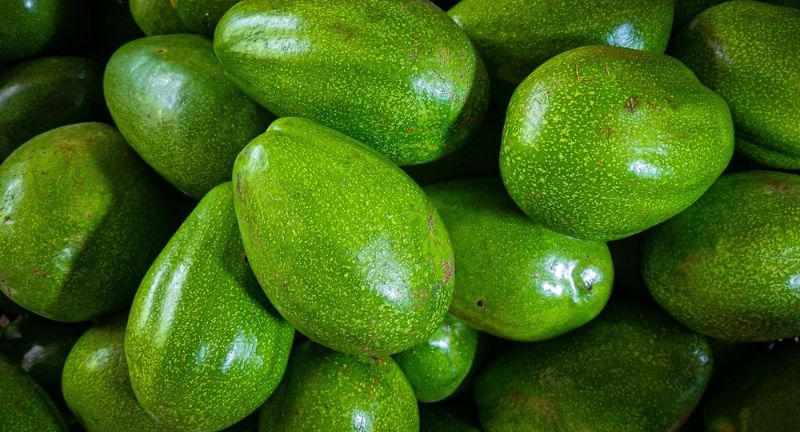
Shutterstock
Maintaining healthy arteries is crucial for cardiovascular health, as they are the main passageways through which oxygenated blood is delivered throughout the body. A diet rich in certain foods can play a significant role in preventing the buildup of plaque, a condition that can lead to atherosclerosis, heart attacks, and strokes. From the antioxidant-rich fruits and vegetables to the omega-3-packed seeds and nuts, certain dietary choices can help keep your arteries clear and your heart functioning optimally. In this guide, we explore 30 foods known for their heart-healthy properties, offering delicious ways to incorporate them into your daily meals and ensure your cardiovascular system remains strong and resilient.
Berries
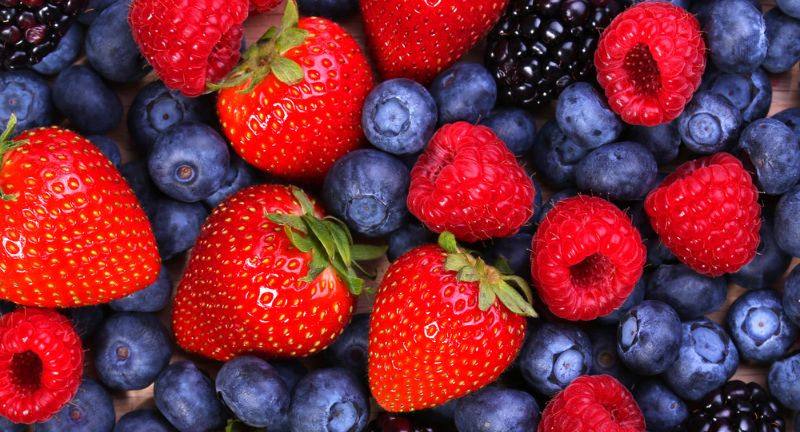
Shutterstock
Berries, including strawberries, blueberries, and raspberries, are treasure troves of antioxidants and flavonoids. These compounds help in reducing inflammation within the body and improving the function of the arteries. The fiber content in berries also plays a role in lowering cholesterol levels, which is a key factor in preventing arterial blockage. Regular consumption of a variety of berries can contribute to heart health and protect against cardiovascular diseases.
Spinach
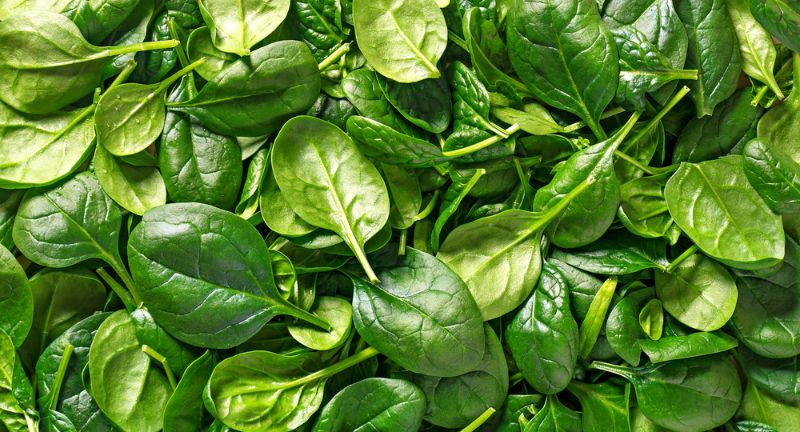
Shutterstock
Spinach is a powerhouse of nutrients, including nitrates, which have been shown to reduce arterial stiffness and enhance the function of endothelial cells, which line the blood vessels. Its high vitamin and mineral content supports overall heart health by reducing blood pressure and preventing plaque buildup. The antioxidants found in spinach also help combat oxidative stress, a key factor in heart disease. Including spinach in your diet can be a delicious way to support arterial health and decrease the risk of heart disease.
Oranges

Shutterstock
Oranges are not only delicious but also packed with heart-healthy nutrients, including vitamin C, flavonoids, and fiber. These components work together to lower LDL cholesterol, prevent arterial plaque buildup, and reduce the risk of heart disease. The potassium in oranges also helps manage blood pressure levels, which is essential for maintaining healthy arteries. Regularly consuming oranges or fresh orange juice can be a sweet way to support your cardiovascular health.
Apples

Shutterstock
Apples are a great source of soluble fiber, which helps lower cholesterol levels, and polyphenols, which protect the arterial walls from damage. The fiber content in apples also aids in digestion and promotes satiety, reducing the likelihood of overeating and supporting weight management. Quercetin, an antioxidant found in apples, has been shown to reduce blood pressure and protect against vascular damage. Incorporating apples into your daily diet can be an effective strategy for enhancing heart health and preventing arterial clogging.
Beets
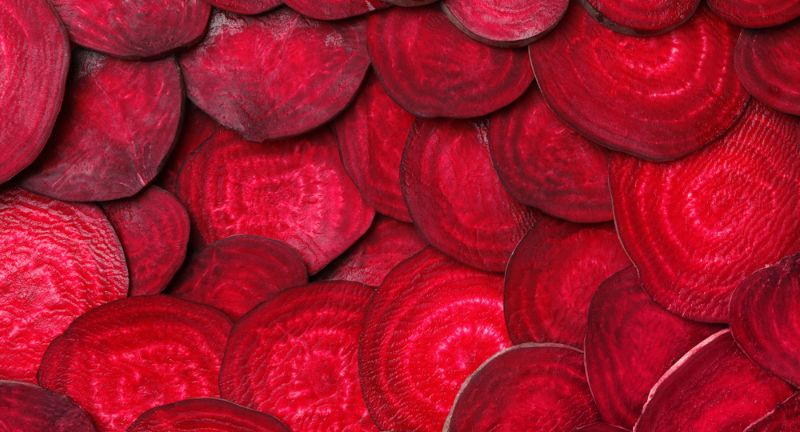
Shutterstock
Beets are rich in nitrates, which the body converts into nitric oxide, a compound that relaxes and dilates blood vessels, improving blood flow and lowering blood pressure. This effect can help prevent the buildup of plaque and support overall cardiovascular health. Additionally, the antioxidants present in beets fight inflammation and protect the blood vessels from damage. Consuming beets regularly, whether roasted, boiled, or in juice form, can be beneficial for maintaining healthy arteries.
Carrots

Shutterstock
Carrots are known for their high fiber content and rich supply of carotenoids, antioxidants that can significantly lower cholesterol levels and reduce the risk of coronary artery disease. The potassium in carrots also aids in blood pressure regulation, further protecting the arteries. Additionally, their crunchiness and sweetness make them an excellent snack that can satisfy cravings without compromising heart health. Regular consumption of carrots, either raw or cooked, can contribute to arterial health and overall cardiovascular well-being.
Tomatoes

Shutterstock
Tomatoes are a significant source of lycopene, an antioxidant that has been linked to a reduced risk of heart disease and stroke. Lycopene helps in lowering LDL cholesterol levels and preventing the accumulation of plaque in the arteries. Tomatoes are also rich in vitamins C and E, potassium, and fiber, which contribute to cardiovascular health. Including tomatoes in your diet, whether fresh, as sauce, or in salads, can help maintain healthy blood vessels and reduce the risk of arterial blockage.
Oats

Shutterstock
Oats are a hearty, nutritious grain known for their high beta-glucan content, a type of soluble fiber that effectively reduces LDL cholesterol and overall cholesterol levels. This reduction in cholesterol can help prevent the formation of plaque in the arteries, reducing the risk of heart disease. Oats also offer a good source of antioxidants, which help to combat inflammation and improve arterial health. Incorporating oats into your breakfast routine, whether as oatmeal, in smoothies, or baked goods, is a simple way to support heart health.
Quinoa
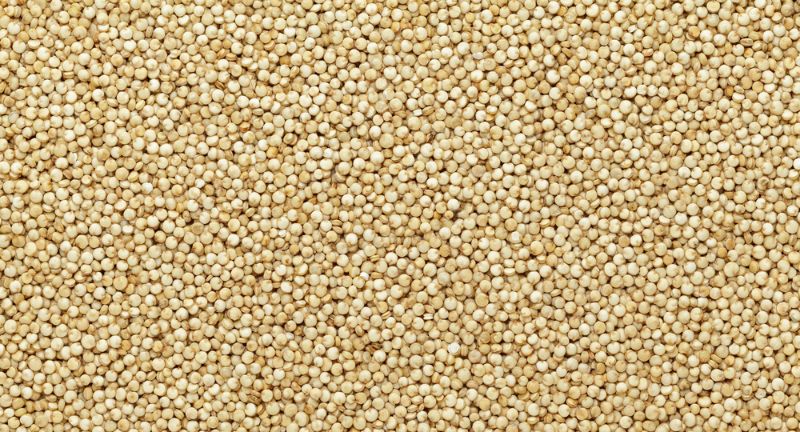
Shutterstock
Quinoa is a versatile, gluten-free grain that is high in protein and packed with antioxidants, which can help reduce the risk of heart disease. It contains all nine essential amino acids, making it a complete protein source, beneficial for heart and vascular health. Quinoa is also rich in fiber, which helps lower cholesterol and blood sugar levels, contributing to healthy arteries. Its nutty flavor and easy cooking make quinoa an excellent addition to salads, bowls, and side dishes for a heart-healthy diet.
Barley
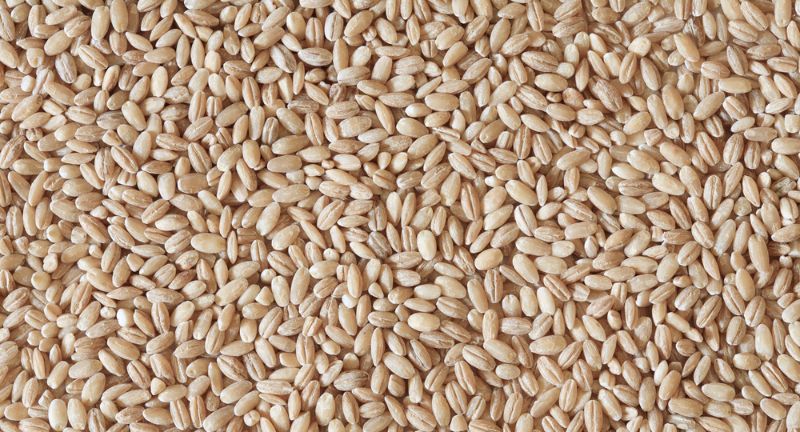
Shutterstock
Barley is a whole grain rich in beta-glucan, a form of soluble fiber that plays a significant role in lowering cholesterol levels, thereby helping to keep the arteries clear of harmful plaque buildup. Its fiber content also aids in blood sugar regulation, which is crucial for preventing diabetes, a risk factor for heart disease. Barley can be a tasty and nutritious addition to soups, stews, and salads, offering a chewy texture and nutty flavor. Regular consumption of barley can support cardiovascular health by maintaining clean and flexible arteries.
Almonds

Shutterstock
Almonds are a rich source of monounsaturated and polyunsaturated fats, which are essential for lowering unhealthy LDL cholesterol and maintaining healthy arteries. They also contain vitamin E, an antioxidant that helps prevent plaque buildup in the arteries. The fiber in almonds contributes to heart health by further reducing cholesterol levels and aiding in digestive health. Snacking on a handful of almonds or adding them to salads and yogurt can be a delicious way to improve your heart health.
Walnuts

Shutterstock
Walnuts are high in omega-3 fatty acids, which are known for their ability to reduce the risk of heart disease by improving arterial health. These healthy fats help to lower blood pressure, reduce inflammation, and decrease the risk of plaque buildup in the arteries. Walnuts also offer a good amount of antioxidants and magnesium, which further support heart health. Incorporating walnuts into your diet, whether as a snack or added to dishes, can be beneficial for maintaining healthy arteries.
Flaxseeds

Shutterstock
Flaxseeds are a potent source of omega-3 fatty acids and fiber, making them excellent for heart health. The alpha-linolenic acid (ALA) in flaxseeds can help reduce inflammation and prevent plaque buildup in the arteries. Their high fiber content also aids in lowering cholesterol levels and improving heart health. Ground flaxseeds can be easily added to smoothies, yogurts, and baked goods, offering a nutty flavor and numerous health benefits.
Chia Seeds
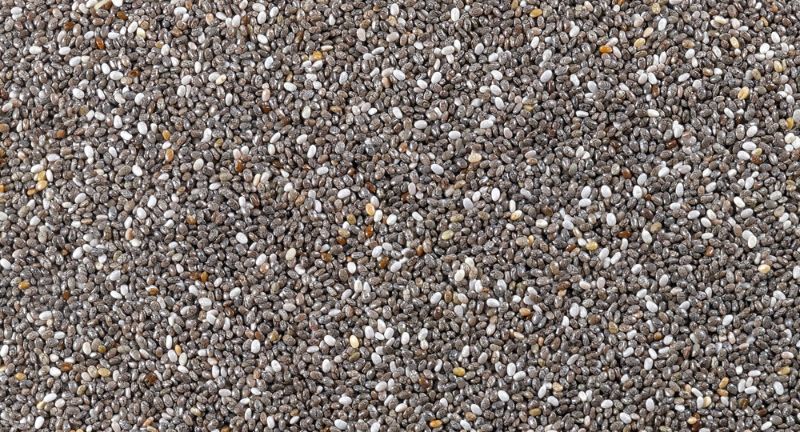
Shutterstock
Chia seeds are packed with omega-3 fatty acids, antioxidants, and fiber, contributing to their heart-healthy profile. These nutrients help reduce blood pressure, lower cholesterol levels, and decrease the risk of arterial blockage. The high fiber content in chia seeds also promotes digestive health and helps regulate blood sugar levels. Adding chia seeds to your diet through smoothies, oatmeal, or yogurt can be a simple way to boost your cardiovascular health.
Avocados

Shutterstock
Avocados are filled with monounsaturated fats that help reduce LDL cholesterol levels and protect against arterial damage. They are also rich in potassium, which is essential for blood pressure regulation. The fiber in avocados aids in lowering blood cholesterol and glucose levels, contributing to overall heart health. Adding avocados to salads, sandwiches, or enjoying them as a stand-alone snack can be a tasty way to improve your heart health.
Salmon

Shutterstock
Salmon is renowned for its high content of omega-3 fatty acids, which are crucial for maintaining healthy arteries by reducing inflammation and lowering the risk of plaque buildup. These fatty acids also help lower blood pressure and decrease triglyceride levels in the blood. Consuming salmon regularly can improve heart health and decrease the risk of cardiovascular diseases. Whether grilled, baked, or poached, salmon is a versatile and delicious addition to a heart-healthy diet.
Olive Oil

Shutterstock
Olive oil is a staple of the Mediterranean diet, known for its heart-healthy benefits. Rich in monounsaturated fats, it helps reduce LDL cholesterol levels and minimizes the risk of heart disease. The antioxidants in olive oil, particularly polyphenols, protect the arteries from damage and inflammation. Using extra virgin olive oil in cooking or as a salad dressing can be an effective way to incorporate this healthy fat into your diet and support arterial health.
Garlic
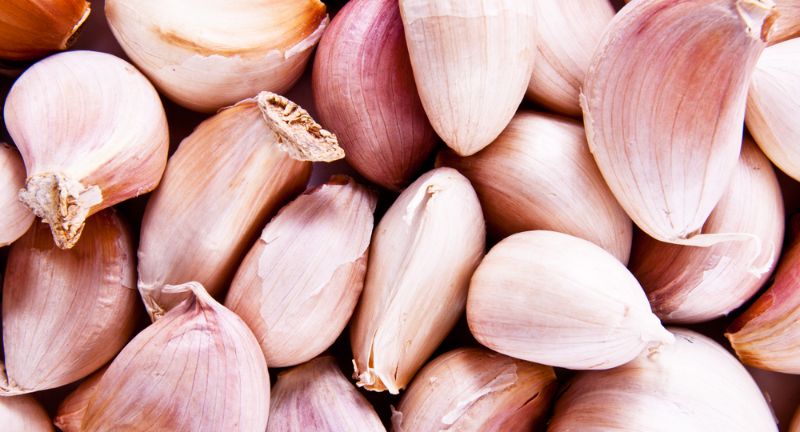
Shutterstock
Garlic has been used for centuries for its medicinal properties, including its ability to lower blood pressure and cholesterol levels. Allicin, the main active compound in garlic, is responsible for these benefits and helps prevent arterial plaque buildup. Regular consumption of garlic can improve the elasticity of the arteries and decrease the risk of heart disease. Incorporating garlic into your diet, whether raw or cooked, can be a powerful way to enhance heart health and protect against cardiovascular diseases.
Turmeric
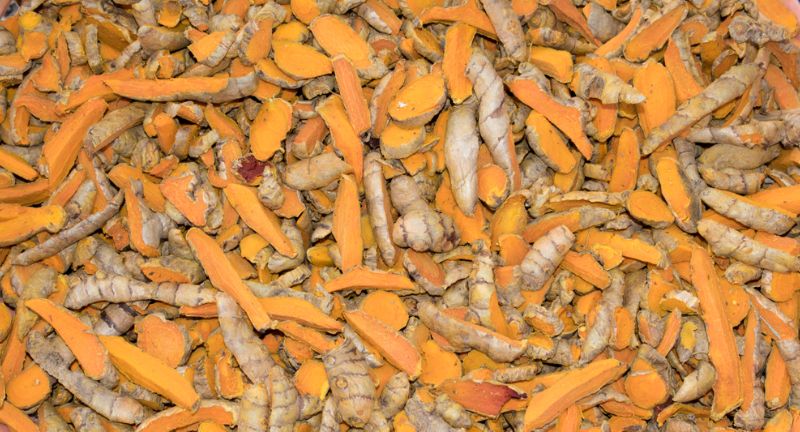
Shutterstock
Turmeric contains curcumin, a compound with potent anti-inflammatory and antioxidant properties that benefit the arteries. Curcumin helps reduce inflammation and oxidative stress, which are key factors in the development of heart disease. It also improves the function of the endothelium, the lining of the blood vessels, which helps regulate blood pressure and clotting. Adding turmeric to your diet, either in dishes or as a supplement, can be an effective way to support cardiovascular health.
Ginger
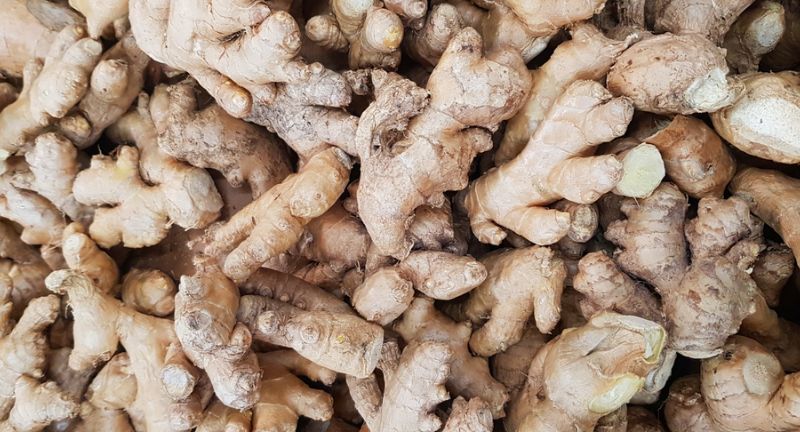
Shutterstock
Ginger is known for its anti-inflammatory properties and its ability to lower cholesterol levels, both of which are beneficial for arterial health. It also aids in preventing blood clots, further reducing the risk of heart attacks and strokes. Regular consumption of ginger can improve circulation and decrease the risk of cardiovascular diseases. Incorporating ginger into your diet, whether fresh, dried, or as a spice, can help maintain healthy arteries and promote overall heart health.
Green Tea

Shutterstock
Green tea is rich in catechins, antioxidants that have been shown to improve cholesterol levels and the health of the arteries. These compounds help reduce the absorption of cholesterol in the gut and assist in lowering blood pressure. Drinking green tea regularly can also help reduce the risk of developing heart disease and stroke. Its anti-inflammatory properties further support cardiovascular health, making green tea a beneficial addition to a heart-healthy lifestyle.
Pomegranates
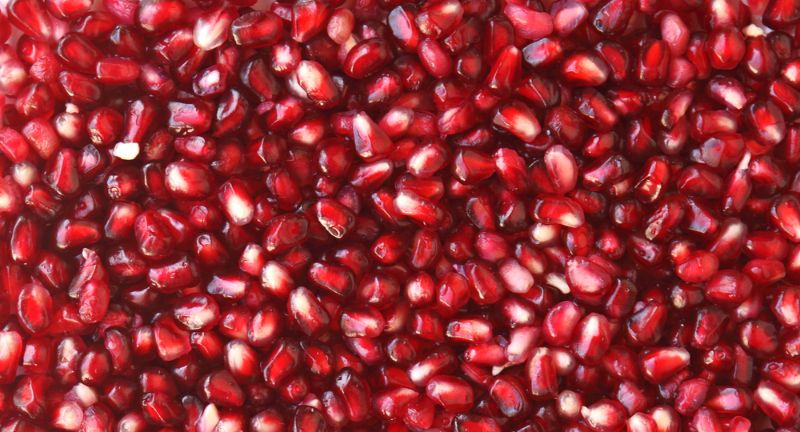
Shutterstock
Pomegranates are loaded with antioxidants, including punicalagins and anthocyanins, which help protect the arteries from damage and reduce inflammation. Their nitrate content also enhances blood flow and helps lower blood pressure. Consuming pomegranate juice has been shown to reduce arterial plaque and improve heart health. Including pomegranates in your diet, whether as fresh fruit or juice, can be an effective way to support arterial health and reduce the risk of cardiovascular diseases.
Whole Grains
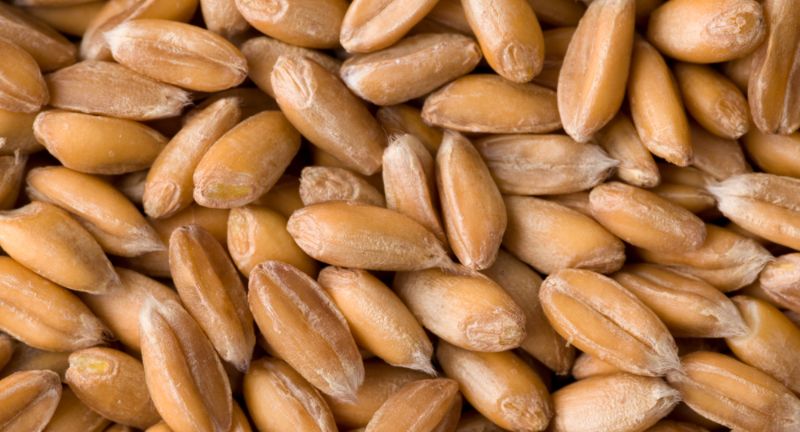
Shutterstock
Whole grains, such as whole wheat, brown rice, and oats, are rich in fiber, which helps lower cholesterol and prevents the formation of plaque in the arteries. They also contain essential nutrients, including magnesium, which helps regulate blood pressure. Consuming whole grains can improve heart health by promoting healthy blood flow and reducing the risk of heart disease. Integrating whole grains into your meals can be an easy and effective way to enhance your cardiovascular health.
Legumes
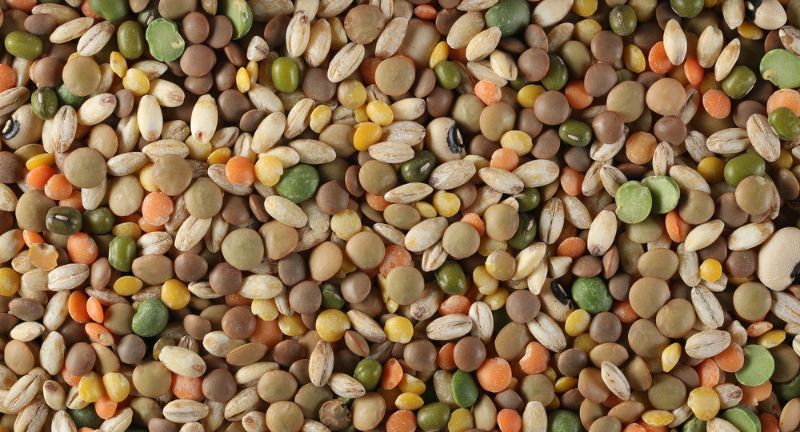
Shutterstock
Legumes, including beans, lentils, and peas, are excellent sources of fiber, protein, and other nutrients that are beneficial for heart health. They help lower cholesterol, reduce blood sugar levels, and decrease the risk of heart disease. The high fiber content in legumes also supports healthy digestion and weight management, which are key components of cardiovascular health. Adding legumes to your diet is a nutritious way to improve arterial health and reduce the risk of heart-related conditions.
Dark Chocolate

Shutterstock
Dark chocolate, rich in flavonoids, can improve arterial health by increasing the flexibility of the arteries and reducing inflammation. These compounds also help lower blood pressure and improve blood flow to the heart and brain. However, it’s important to choose dark chocolate with a high cocoa content (at least 70%) to maximize health benefits and minimize added sugar. Enjoying a small amount of dark chocolate regularly can be a delicious part of a heart-healthy diet.
Red Wine

Shutterstock
Red wine is known for its polyphenol content, particularly resveratrol, which has been shown to improve heart health by reducing inflammation and preventing clot formation. Moderate consumption of red wine can also help increase HDL cholesterol (the “good” cholesterol), which helps clean the arteries. It’s important to consume red wine in moderation, as excessive alcohol intake can have negative health effects. Enjoying a glass of red wine with dinner can be part of a balanced diet to support arterial and cardiovascular health.
Broccoli
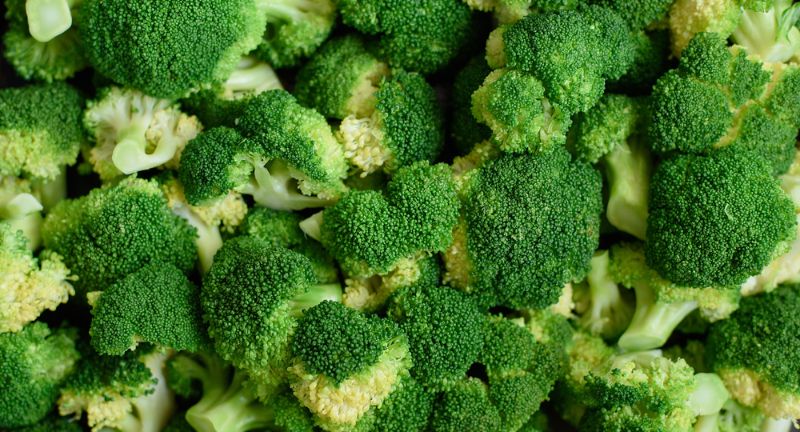
Shutterstock
Broccoli is packed with fiber, vitamins, and antioxidants that support arterial health. It helps reduce cholesterol levels and protects against arterial damage. The high vitamin K content in broccoli also plays a crucial role in preventing calcium from damaging the arteries. Consuming broccoli regularly, whether steamed, roasted, or raw in salads, can be a powerful way to boost heart health and ensure clean arteries.
Sweet Potatoes
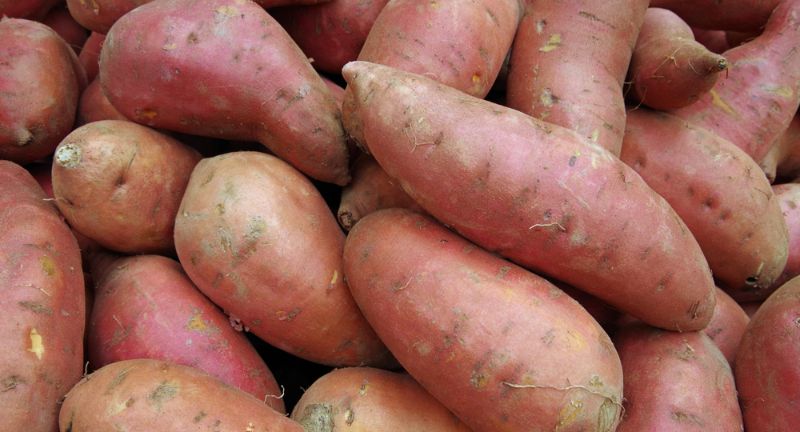
Shutterstock
Sweet potatoes are a nutritious source of vitamins, minerals, and fiber, all of which contribute to arterial health. Their high antioxidant content helps reduce inflammation and prevent the buildup of plaque in the arteries. Sweet potatoes also have a low glycemic index, which helps control blood sugar levels and reduce the risk of heart disease. Their versatility in cooking makes sweet potatoes an easy addition to a heart-healthy diet.
Kiwifruit

Shutterstock
Kiwifruit is high in vitamin C and antioxidants, which are essential for maintaining healthy arteries by preventing oxidative stress and reducing inflammation. This fruit also contains fiber, which helps lower cholesterol levels and improve heart health. Kiwifruit’s potassium content aids in blood pressure regulation, further supporting arterial health. Including kiwifruit in your diet can be a delicious way to enhance cardiovascular wellness.
Cinnamon

Shutterstock
Cinnamon is not just a flavorful spice; it also offers several health benefits, including the ability to reduce cholesterol levels and improve arterial health. It has been shown to decrease blood sugar levels, which is beneficial for preventing and managing diabetes, a risk factor for cardiovascular disease. The compound cinnamaldehyde in cinnamon helps reduce inflammation and prevent blood platelets from clumping together. Sprinkling cinnamon on your oatmeal, coffee, or yogurt can be an easy and tasty way to incorporate this spice into your heart-healthy diet.
Conclusion

Shutterstock
Incorporating these heart-healthy foods into your diet is a proactive step towards maintaining clear arteries and promoting overall cardiovascular wellness. While no single food is a magic bullet for heart health, a balanced diet rich in these nutritious options can make a significant difference in preventing heart disease and ensuring your arteries remain free of plaque buildup. Remember, a healthy lifestyle that combines a varied diet with regular physical activity, stress management, and avoiding smoking and excessive alcohol consumption is key to keeping your heart and arteries in top condition. Let these foods inspire your culinary adventures, knowing each meal is an opportunity to nourish your heart and protect your health.
More From Health + Wellness
-


Popular Foods Could Wreck Your Cholesterol Levels
-


New Study Links Lack of Vitamin D with Dementia Risk
-


Gardening Writer Simon Akeroyd Shows How to Make Eco-Friendly Plant…
-


Easy Air Purifier DIY As Shown By Palmer Ace Hardware…
-


New Study Looks at Television Watching and Coronary Heart Disease
-
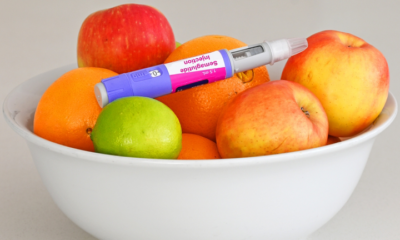

Foods & Drinks To Avoid When Taking Ozempic or Wegovy…
